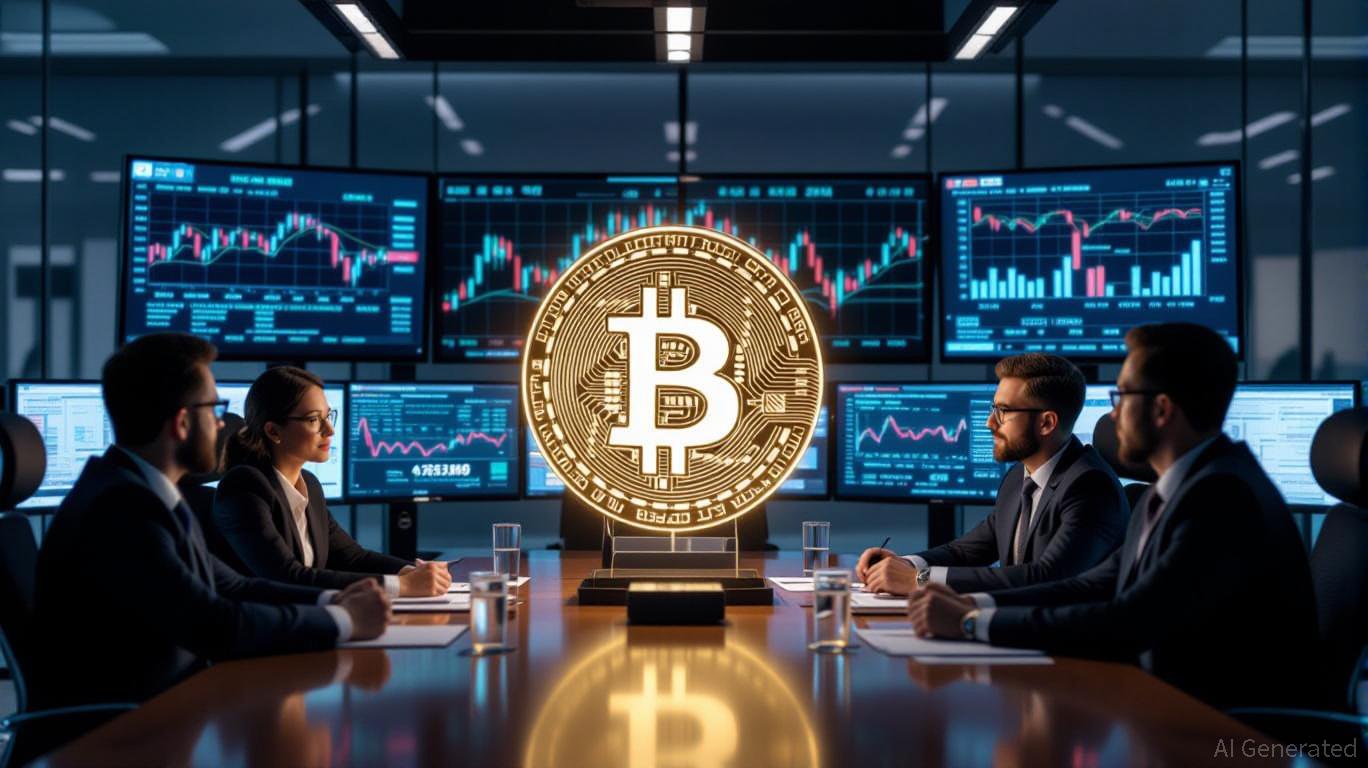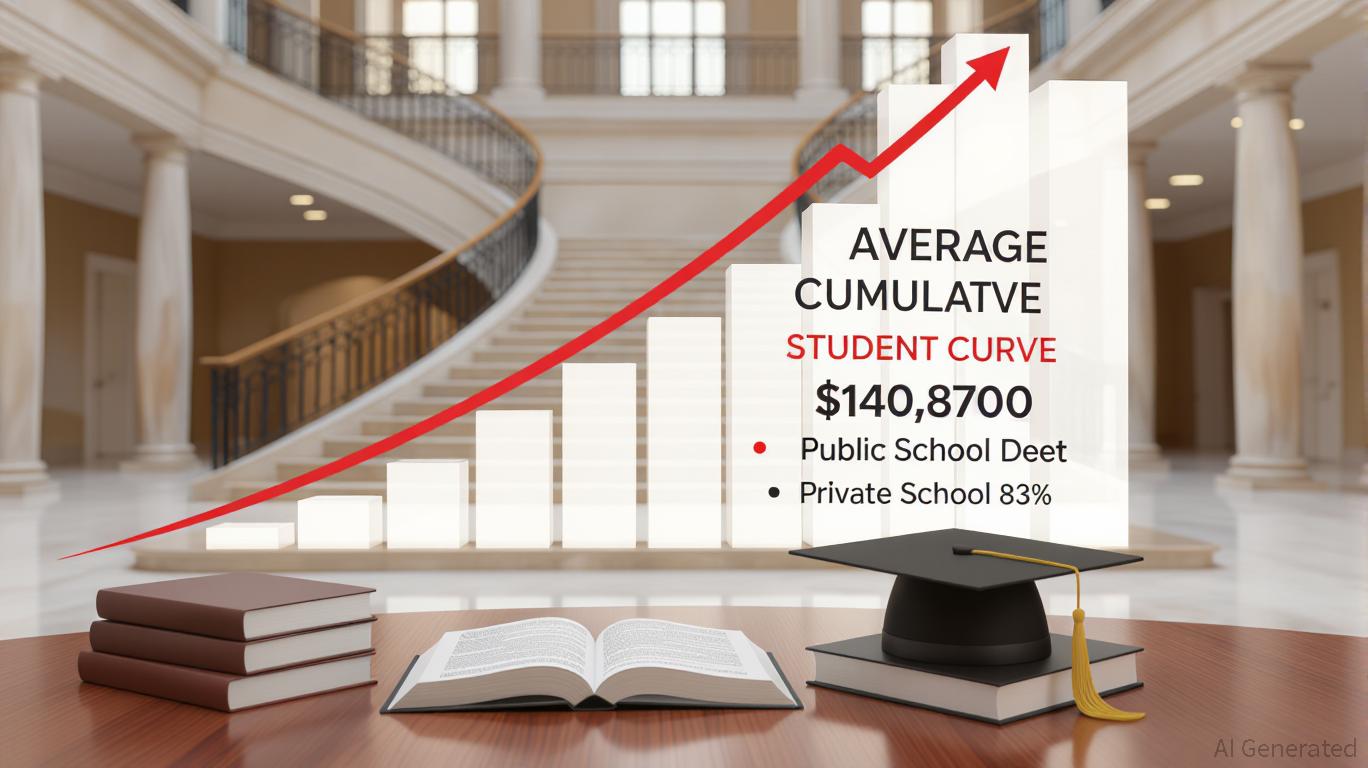Trump Attributes Stock Market Highs to New Tariffs
- Trump credits tariffs for stock market gains.
- Market volatility accompanies gains.
- U.S. tariff revenue reaches $30 billion monthly.
President Donald Trump announced that U.S. stock market strength is attributed to tariffs implemented during his second term, affecting indexes significantly since April 2025.
Market volatility and increased tariff revenues have emerged, with sharp equity selloffs and gold gaining preference, revealing heightened investor caution and economic uncertainty.
President Donald Trump has reported that the U.S. stock market is thriving due to tariffs placed on imported goods. The tariffs, initiated during his second term, are being credited for recent highs in market indices and national security.
The primary figure is President Trump, who has resumed protectionist trade policies . He imposed tariffs across various sectors, attributing positive economic indicators to these measures through official statements, including posts on Truth Social.
While the Dow Jones, Nasdaq, and S&P 500 saw significant gains, market volatility has persisted alongside these economic shifts. Sectors affected by the tariffs include technology, pharmaceuticals, and autos, illustrating the broad impact of these policies.
The tariff measures have pushed U.S. tariff revenue beyond $30 billion monthly, a figure that has tripled from the previous year. Despite these financial gains, investors remain cautious, often turning to gold as a safe haven amid fluctuating equities. As President Trump said , “THE STOCK MARKET IS STRONGER THAN EVER BEFORE BECAUSE OF TARIFFS!”
Tariff-related decisions have influenced market movements, echoing previous trade war cycles. Investor behaviors align with historical responses to protectionist policies, turning towards assets like gold during unsettled market phases.
As the Supreme Court prepares to assess the legality of President Trump’s tariff enforcement, market observers anticipate potential regulatory repercussions. Historical data suggests such legal challenges could introduce further volatility into an already cautious market.
Disclaimer: The content of this article solely reflects the author's opinion and does not represent the platform in any capacity. This article is not intended to serve as a reference for making investment decisions.
You may also like
Bitcoin Surges in November 2025: Is This the Dawn of Widespread Institutional Investment?
- Bitcoin's 32% November 2025 drawdown occurred amid $732B in institutional inflows and record ETF adoption. - SEC-approved spot ETFs and the GENIUS Act provided regulatory clarity, boosting institutional confidence in crypto. - On-chain data showed institutional accumulation via P2WPKH addresses despite retail outflows and CDD spikes. - Macroeconomic factors like inflation and rate adjustments shaped Bitcoin's role as a hedge, with analysts viewing the correction as a mid-cycle reset. - Institutional allo

The Transformation of Education Through AI: Key Investment Prospects in EdTech and STEM Education
- AI in education market to surge from $7.05B in 2025 to $112.3B by 2034 at 36.02% CAGR, per Precedence Research. - Asia-Pacific leads growth at 46.12% CAGR; corporate e-learning to hit $44.6B by 2028 with 57% efficiency boost. - AI edtech startups raised $89.4B in Q3 2025 (34% of VC), with infrastructure investments at 51% of global deal value. - STEM institutions partner with tech giants to build AI talent pipelines, supported by $1B Google and $140M NSF investments. - Market risks include 66.4% revenue

ChainOpera AI Token Plummets 70%: A Stark Warning for AI-Based Cryptocurrencies
- ChainOpera AI (COAI) collapsed 99% in late 2025 due to hyper-centralization, governance failures, and technical vulnerabilities. - 88% token control by ten wallets, $116.8M losses at C3.ai, and minimal code updates exposed systemic risks in AI-driven crypto projects. - Regulatory uncertainty from U.S. CLARITY/GENIUS Acts and algorithmic stablecoin collapses accelerated panic, highlighting market fragility. - The crash underscores urgent need for frameworks like NIST AI RMF and EU AI Act to balance innova

The Increasing Expenses of Law School and the Expansion of Public Interest Scholarship Initiatives
- US law school tuition rose to $49,297/year by 2025, with debt averaging $140,870, driven by declining state funding and inflation. - The 2025 OBBB Act capped student loans at $50,000/year and $200,000 total, prompting schools like Santa Clara to adopt tuition moderation and scholarships. - Public interest scholarships (e.g., Berkeley, Stanford) and LRAPs now enable 85%+ retention in public service roles, reducing debt's influence on career choices. - PSLF has forgiven $4.2B for 6,100 lawyers since 2025,
